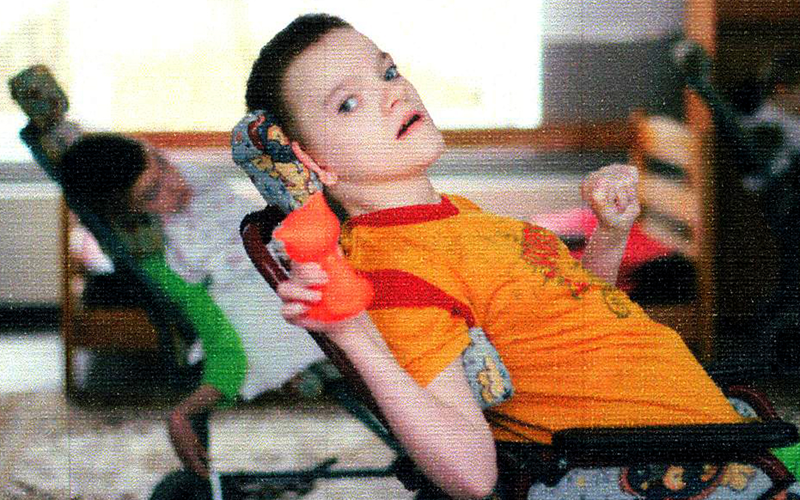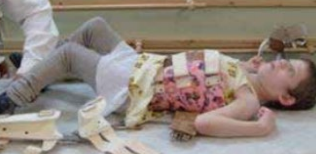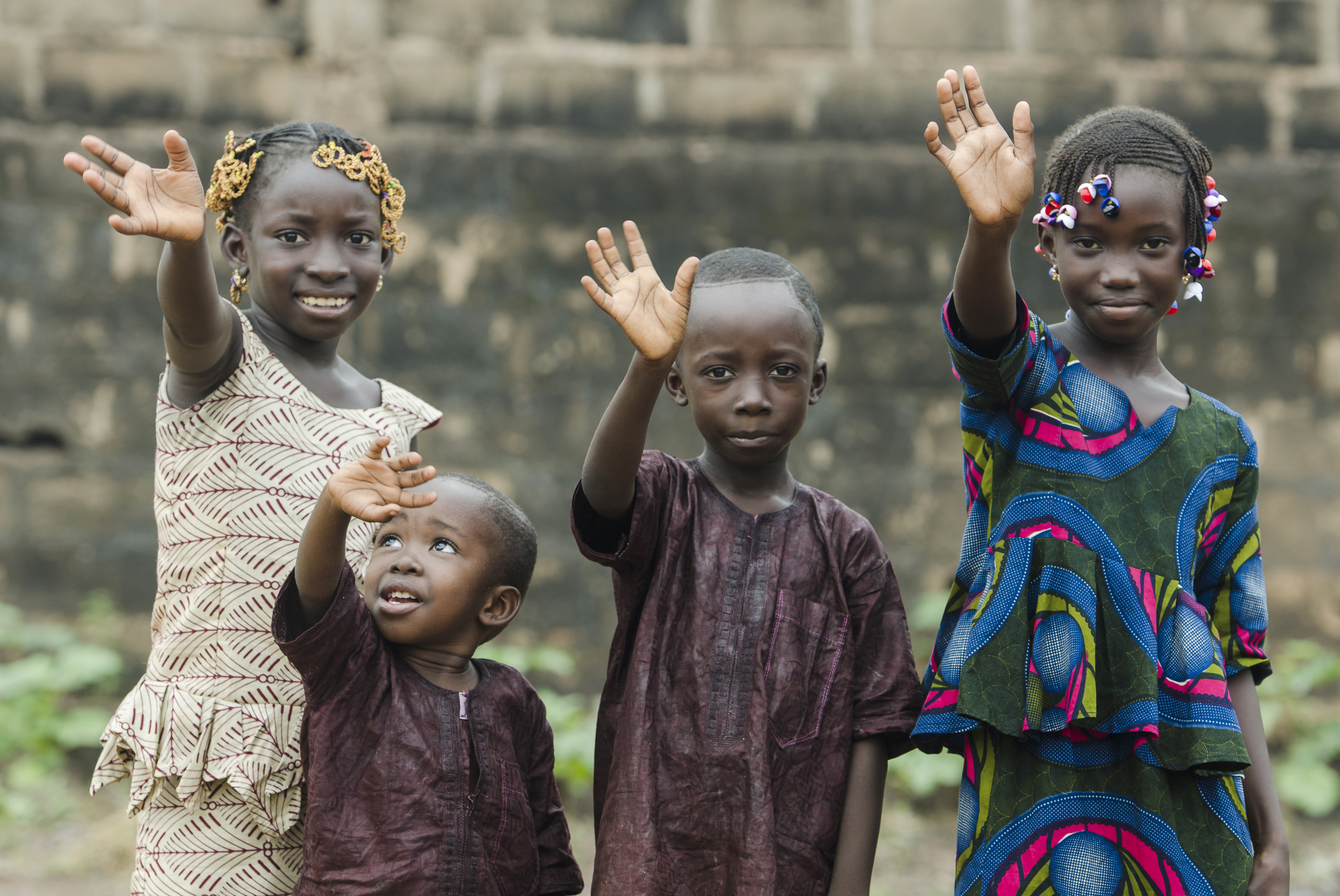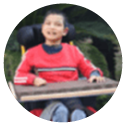
Children with disabilities face various levels of discrimination worldwide, and such discrimination is ever-present in Russia. The systematic institutionalization of children with disabilities in Russia is alarming, especially given that nearly 30% of all children with disabilities are in state orphanages, while 95% of all orphaned children in the country have at least one living parent. (Source: eParent.com).
Parents of children with health complications or disabilities are often pressured into turning their children over to the state. Citing issues like the children will not be able to develop and form relationships, and that they will not live out a full life, make parents feel forced to hand their children over to these state-run orphanages. Unfortunately, the lack of education, access to healthcare, and the lack of financial means and state support further the narrative that institutionalization is the best option for these children.
Specialists have said that in many cases, the diagnoses given to newborns in the hospital are later withdrawn in the baby’s first year of life, although there has not been any exact data to support this topic. This would mean that in many hospitals of Russia, a maternity doctor may be telling a mother that her baby will never walk, talk, or be able to live independently when in fact that may not be the case.
In a 93-page report published by the Human Rights Watch, children who were interviewed from within orphanages reported substantial abuse and neglect by staff including being beaten; injected with sedatives; and sent to psychiatric facilities for days or weeks as a means of control or punishment. (Sources: Human Rights Watch; eParent.com; Sputnik News).
In addition to the abuse and neglect, disabled children in these orphanages are often given little to no access to much needed healthcare, adequate nutrition, attention, playtime, or formal education. Research has shown that such abuse and neglect has severe negative impacts on physical, cognitive, and emotional development. Additionally, the violence they experience can lead to developmental delays, disabilities, psychological damage, and increased risk of suicide and criminal activity.
Providing for these children with disabilities was made even more challenging when, in 2013, Russian President Vladimir Putin made it illegal for U.S. families to adopt Russian orphans, with or without disabilities. As a result, medical help became unattainable to those who needed it, further burdening Russia’s already lacking system.
In recent years, the Russian government has taken steps to address the high institutionalization rates among children with disabilities, including enacting the National Action Strategy of the Rights of Children for 2012-2017 which promises to prevent abandonment of children to institutions, and to reduce institutional care. However, Human Rights Watch found that this, among other policies, lack proper plans for implementing and monitoring their actions. (Source: eParent.com).

The key to protecting these children is to ensure that they are not forgotten by the world, especially at a time when they have already been forgotten by their own government. Orphanage staff members have expressed the desire to help but lack the resources and educational tools to properly care for the children. The world is watching, and the world can help.
Many firmly believe that by offering more support to the mothers of these children while they are in the maternity ward of a hospital can help decrease the potential of abandonment, especially if specialists in the maternity ward are required to provide contact between the mothers and newborns as a measure to encourage bonding.
For more than eight years now, the World Forgotten Children Foundation (WFCF) has supported various organizations in Russia, specifically organizations such as Diema’s Dream Foundation, ensuring that children with disabilities receive critical items and care such as mobility equipment, orthopedic and physical therapy, and life skills and social adaptation support.
It is the hope of WFCF to increase awareness regarding the orphan crisis and the conditions of children living with disabilities in Russia, as well as ways that the global community can come together to support these children.
Sources:
“Abandoned by the State: Violence, Neglect, and Isolation for Children with Disabilities in Russian Orphanages”. Human Rights Watch. 15 September 2014. Web. 3 June 2018. https://www.hrw.org/report/2014/09/15/abandoned-state/violence-neglect-and-isolation-children-disabilities-russian
Waldman, H.B., Perlman, S.P., & Cooke, M. “Individuals With Disabilities In Russia.” www.eparent.com. 19 December 2016. Web. 3 June 2018. https://www.eparent.com/healthcare-2/individuals-disabilities-russia/
“Russia: Children with Disabilities Face Violence, Neglect”. Human Rights Watch. 15 September 2014. Web. 3 June 2018. https://www.hrw.org/news/2014/09/15/russia-children-disabilities-face-violence-neglect
Apelenova, O. “The Disturbing Reason Russia Has More Orphans.” www.worldcrunch.com. 27 November 2014. Web. 4 June 2018. https://www.worldcrunch.com/culture-society/the-disturbing-reason-russia-has-more-orphans
“One-Third of Disabled Children Live in Orphanages in Russia: Human Rights Watch”. www.sputniknews.com. 15 September 2014. Web. 12 June 2018. https://sputniknews.com/russia/20140915192958313-One-Third-of-Disabled-Children-Live-in-Orphanages-in-Russia/



